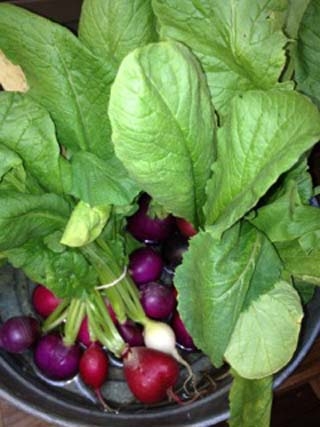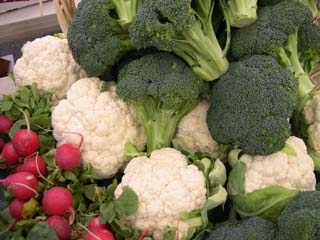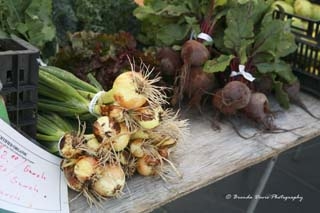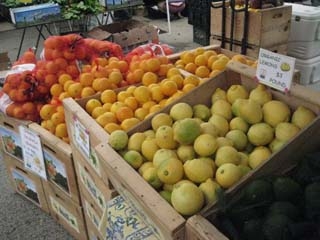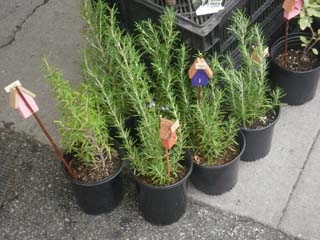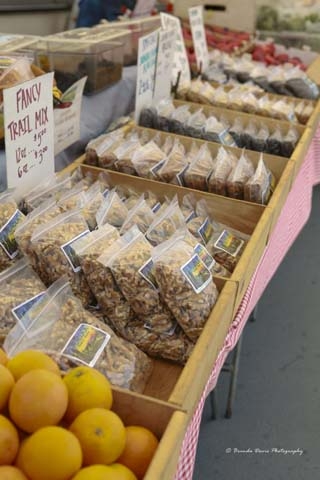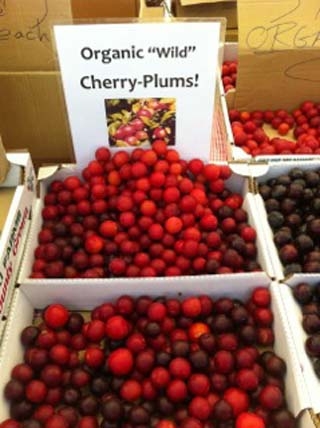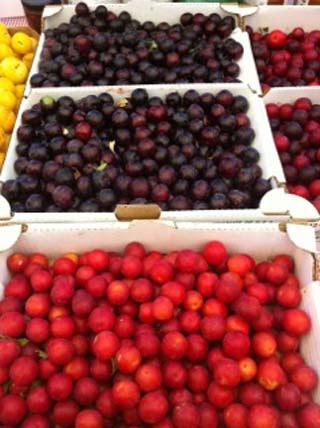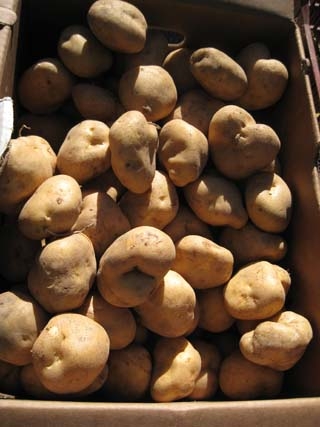In Hunza they…
Eat many vegetables grown themselves, either raw or cooked in just a little water for a short time, due to the need to be thrifty with fuel supplies. Tomatoes, onions, garlic, spinach, turnips, carrots, pumpkins, cabbage, and cauliflower are all regular components of the daily diet.
What we can do:
- Eat a wide range of vegetables, fresh, local, seasonal, organic, and lightly cooked – this is the way to get the most nutrients and flavor.
In Hunza they…
Eat foods which are rich in micronutrients and taste due to their methods of fertilizing their soil with carefully-nurtured organic compost. They do not use pesticides.
What we can do:
- Try to source produce which has been grown on organic nutrient-rich soil, or, for those of us with the time, resources, and inclinations, cultivate our own vegetables and composts.
In Hunza they…
Eat natural whole foods, unprocessed and untouched by additives.
What we can do:
- Choose natural whole foods, unprocessed and untouched by additives.
In Hunza they…
Eat just the right amount, since they do not have excessive amounts of food available. They eat on average around 1,900 calories daily.
What we can do:
- Eat just enough, but not too much, as this is ideal for optimum health.
In Hunza they…
Obtain beneficial fats from apricot kernels, flax, and walnuts as well as other plant foods.
What we can do:
- Get a daily dose of beneficial essential fats from nuts and seeds and their cold-pressed oils – apricot kernels, flax, and fresh walnuts in their shells are all available in the West.
In Hunza they…
Grow apricot trees anywhere, so that apricots, apricot kernels, and apricot kernel oil are an important feature of the diet. They have apricots fresh, dried, in soup, mashed into juice and mixed with glacier water, and even mixed with snow to make ‘ice cream’.
What we can do:
- Dried apricots are an excellent source of beta carotene which protects the fatty parts of our cells from free radical damage and thus may help prevent cancer. Apricots and their kernels are easily available – choose organic and preservative-free. If you can’t find apricot kernels, almonds are very similar.
In Hunza they…
Eat plenty of fruit, especially in summer: mulberry, cherry, apple, peach and pear trees are found growing outside most people’s houses as well as grapevines whose fruit is eaten fresh or made into not-very-Islamic, rather potent fermented grape juice. When the Hunzakut is hungry, he or she simply climbs a tree and picks some fruit to eat.
What we can do:
- Snack on fresh fruit rather than chips or candies.
In Hunza they…
Grow their own organic whole wheat which is made into flour for chapattis or sprouted to make sprouted wheat bread.
What we can do:
- Choose organic whole wheat flour and bread. Sprouted wheat bread is available in health food shops and can be tolerated by some who usually cannot digest gluten, since the gluten is broken down during the sprouting process.
In Hunza they…
Also use millet, buckwheat, barley and maize.
What we can do:
- Use a range of whole grains and whole grain products, easily available to us in the West in health food shops and supermarkets.
In Hunza they…
Eat plenty of vegetable protein from beans and lentils. Lentils are made into dhal whilst beans are used to make flour or added to curries. Chickpeas are also used to make gram flour. Beans are often sprouted and used in salads.
What we can do:
- Try to get protein from vegetable sources such as beans, chick peas and lentils. Try stews, casseroles, soups, hummus, curries, and sprouted beans. Gram flour is also available from health food shops and can be used to make pie bases and pakoras.
In Hunza they…
Eat small amounts of meat from the cows, yaks, sheep and goats they keep. Meat is lean and organic and generally boiled, which keeps saturated fat levels very low.
What we can do:
- Eat meat in small quantities and choose lean organic cuts.
In Hunza they…
Eat small amounts of traditionally-fermented cheese and butter from goats, sheep, cows and yaks and they also use clarified butter (ghee) for cooking.
What we can do:
- Choose organic traditionally-fermented cheese from cows, sheep, and goats, and eat in limited quantities, rather than eating larger quantities of lower-quality processed cheese.
In Hunza they…
Drink and bathe in pristine glacier water flowing down from the mountains above.
What we can do:
- Drink plenty of water, preferably mineral water or filtered water, or invest in a water purifier which alkalizes and ionizes the water for added health benefits.
In Hunza they…
Drink herb tea made from boiled glacier water and a herb called tumuru.
What we can do:
- Try to drink herb tea and green tea rather than coffee or excessive amounts of black tea.


